Part 1
I first went to a Free Julian Assange event on the 22nd February 2020. It was a march through London, from Australia House to Westminster Square, followed by speeches from activists and notable Assange supporters. This was real London – tourists from open top buses photographing us as we marched through this street. And this was real power – standing together with other people against the persecution of an innocent man.
I would like to discuss how and why I became involved with the movement to protect Wikileaks founder Julian Assange, release him from prison and prevent his extradition to the United States.
Prior to around 2016 my views about Assange were not particularly well formed. Sure, I’d known about him because he was mentioned in the media on occasion (usually negatively) and sure, I supported revealing bad things that governments had done. But I never paid that much attention to him.
The overwhelming image of Julian Assange in the media is of a “shady ‘hacker’, ‘sex offender’ and selfish ‘narcissist'”. Lissa K. Johnson, who wrote a powerful series called ‘The Psychology of Getting Julian Assange’, cogently explains the value of these media smears to the establishment. It is not just about getting you to believe a particular smear. It is about creating a Pavlov’s dog type reaction, where you hear Assange’s name and have an instinctive negative reaction to it.
The main thing that I came to see when I evolved and learned more was that the Assange issue is the most simple issue in the world, despite how the media and governments muddy the waters with smears. He is a journalist who is being persecuted and tortured for revealing war crimes. That’s it.
Alongside learning the full truth about Julian’s case, I developed strong feelings of moral duty. Assange had had the courage to the print the truth, and he had shown me the truth. Thus, I feel like I have a moral obligation to defend, support and protect him.
When Julian Assange was arrested on the 11th April 2019, I was filled with anger. Julian – looking ill and unkempt (the Ecuadorean government had taken away his shaving kit) being dragged out of the Embassy by thugs. Chelsea Manning had been rearrested a few weeks earlier in an attempt to extort testimony for the Wikileaks Grand Jury.
Actually taking action to defend Assange sadly did not happen as quickly as I would have liked, partially due to family circumstances. While I didn’t get down to London until 2020, I had taken smaller actions to help Julian Assange and Chelsea Manning.
Actually going to London to defend Assange has made me feel as if I am doing something positive and moral for another person and standing up for the truth, and I have had nothing but positive experiences with the other activists. I have been to London several times this year and have also done actions in Birmingham City Centre.
Part 2
I believe that the Assange case is fundamental to the future of humanity. So in this part of the discussion, I would like to outline the reasons why I believe everyone else should join me in the struggle to free him.
The reason for this is that his case is about fundamental rights and freedoms. These are non-partisan and should be defended regardless of your political philosophy or views.
The most obvious liberty that Assange represents is the right to freedom of speech and freedom of the press. He is being persecuted for journalistic activities. The horrific treatment of Assange by the UK government will encourage other journalists to self-censor under threat of the same treatment. The possibility of his extradition to the US is extremely dangerous for journalism, as anyone who exposes any information the US government disapproves of will face the same threat of extradition followed by prosecution and torture.
The second fundamental right involved in this case is freedom from torture. The UN Rapporteur on Torture, Nils Melzer, has been clear that Assange has been tortured by the British government, including through solitary confinement and medical neglect. Torture is illegal under both UK and international law and is a violation of all norms of law and human decency.
The third fundamental right is the right to a fair trial. The legal case against Assange is riddled with conflicts of interest, breaches of lawyer-client confidentiality, and judicial bias. In order to protect these fundamental rights for all people, we need to defend Assange.
There is a last point I would like to address, that is generally not explicitly stated. This is the idea that “other things are more important than Assange”. I feel very strongly that this view is wrong. Fundamentally, the freedom of the press is what allows for activism on other issues. Unless you know the truth and act from the basis of that truth, any activism you do will be misguided or possibly even counterproductive.
The work of Wikileaks in revealing the truth in a range of areas has enabled the possibility of positive change. Here are some of these:
War. Most famously this included the information leaked by former US intelligence officer Chelsea Manning regarding the conflicts in Iraq and Afghanistan. This revealed evidence of war crimes such as the murder of civilians and journalists.
Protection of Children. As part of the US Embassy Cables leaks, it was revealed that US contractor Dyncorp were involved in facilitating child rape.
Part 3
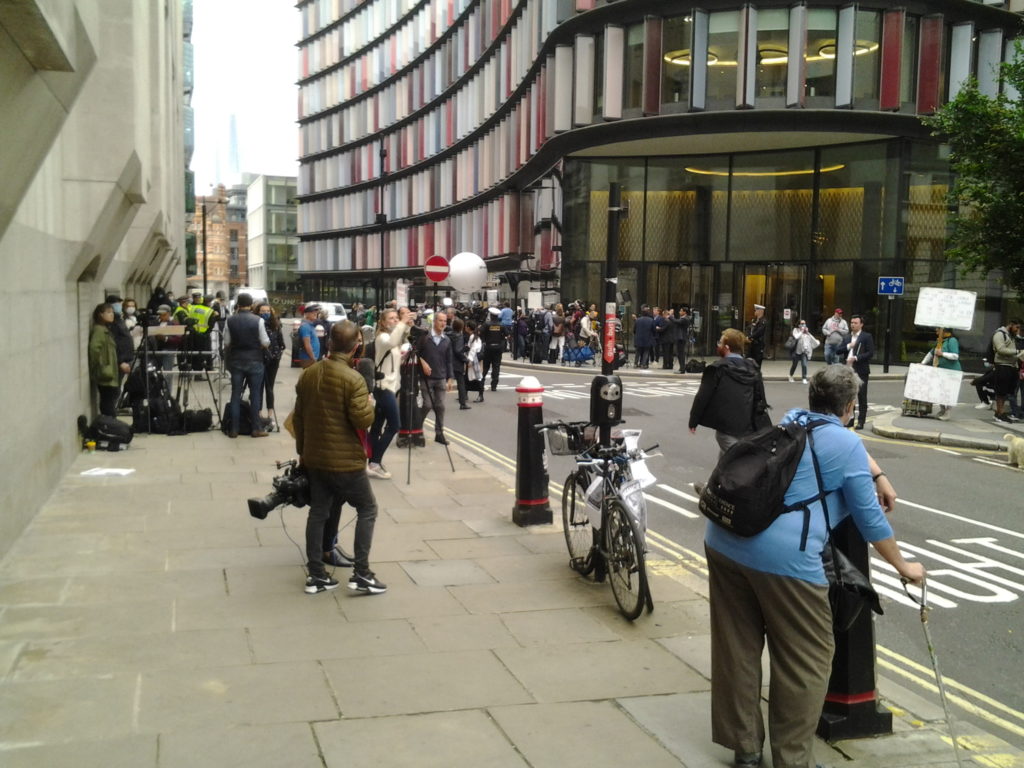
The Julian Assange extradition hearing took place on Feburary 24-28 and September 7-October 1. Further information about the court case can be found at Craig Murray’s website.
If you have the means you can contribute to the fundraiser for Julian Assange’s legal costs, set up by his fiancee Stella Moris.
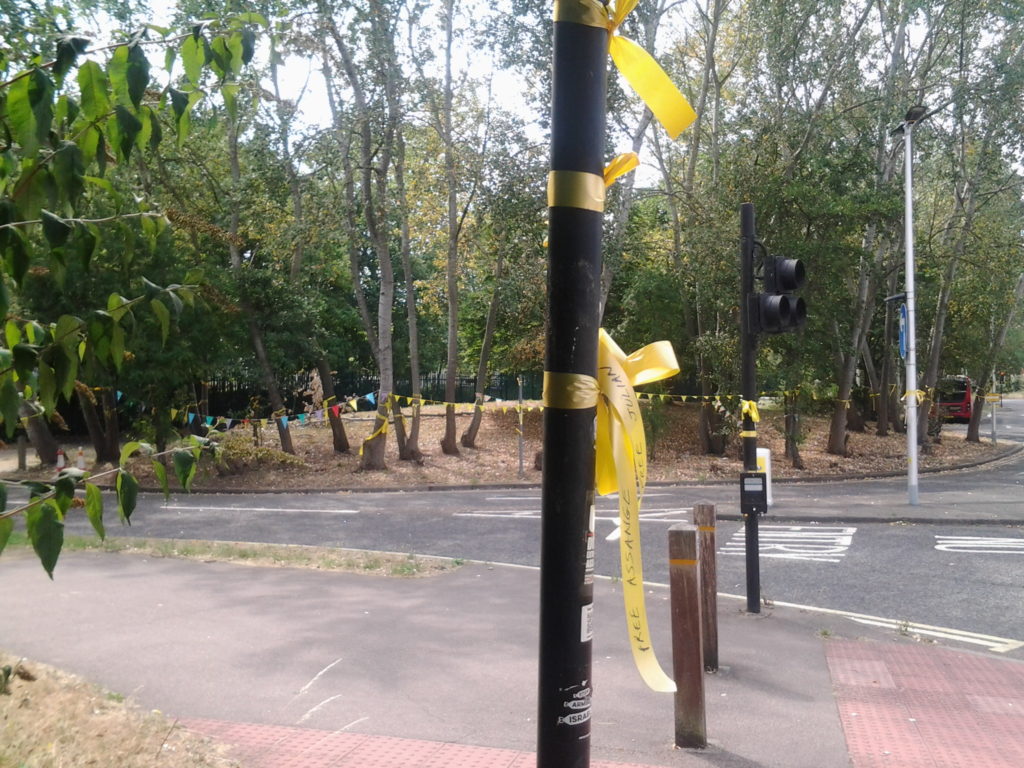

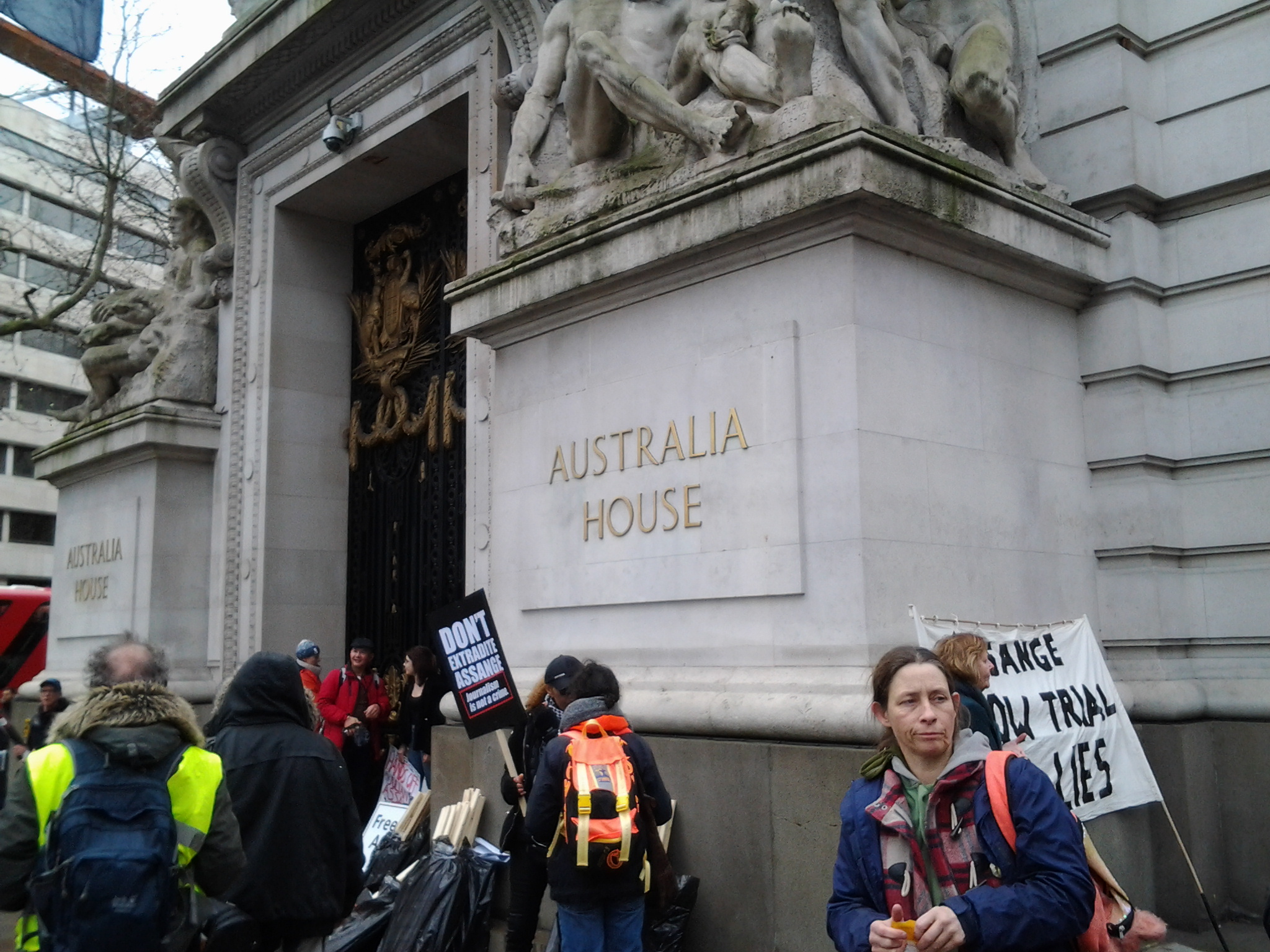
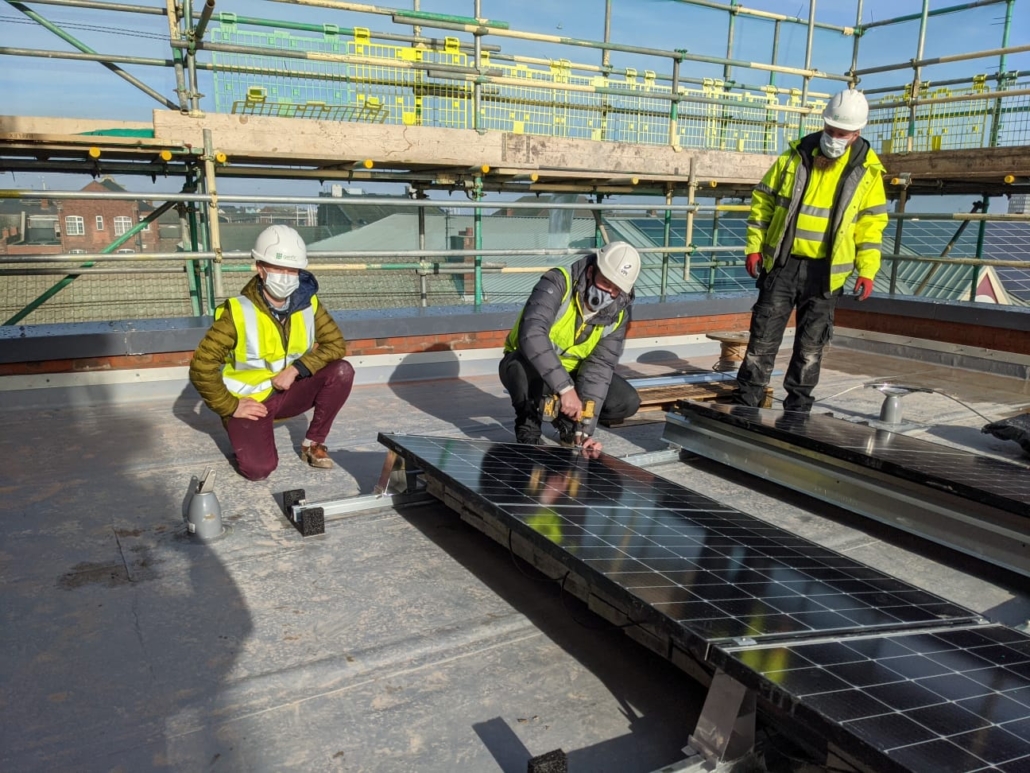

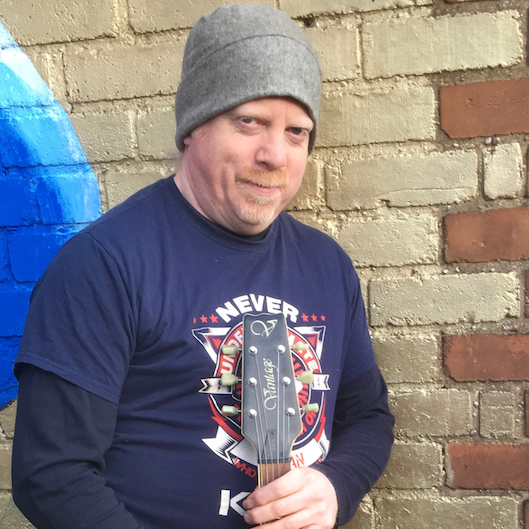
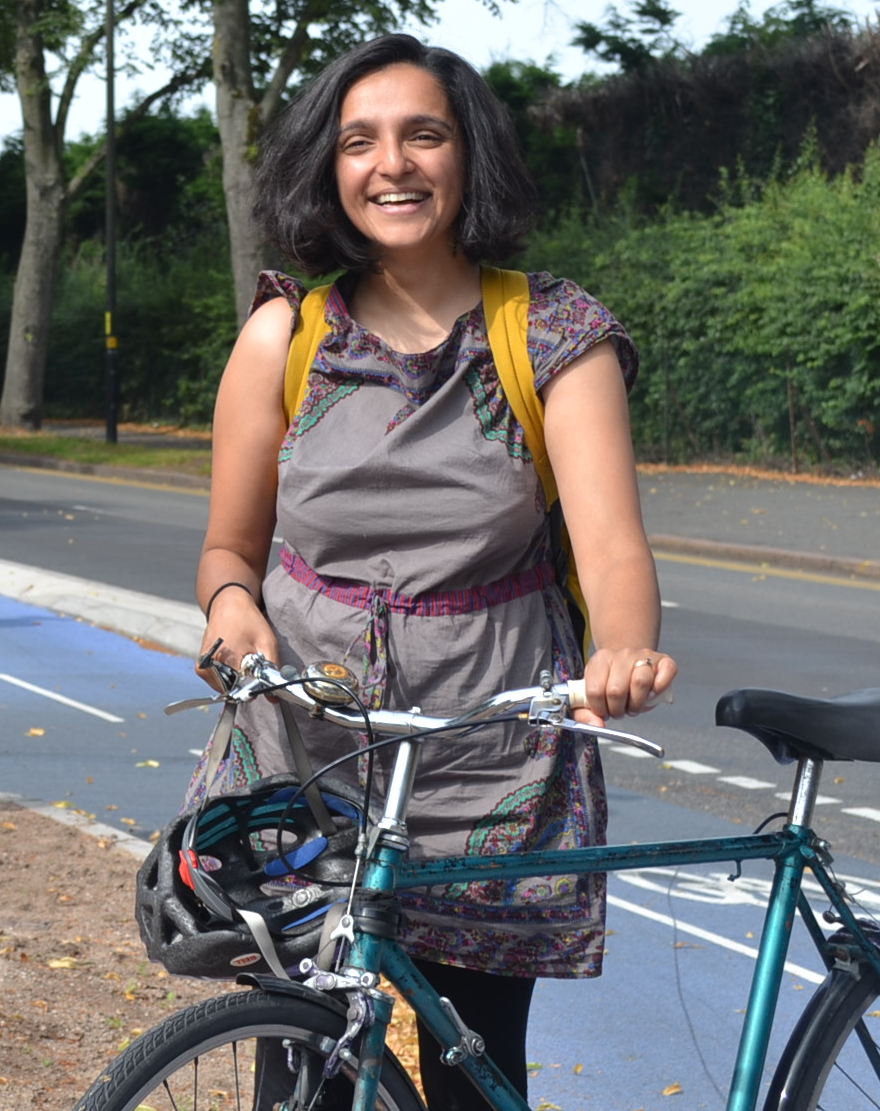
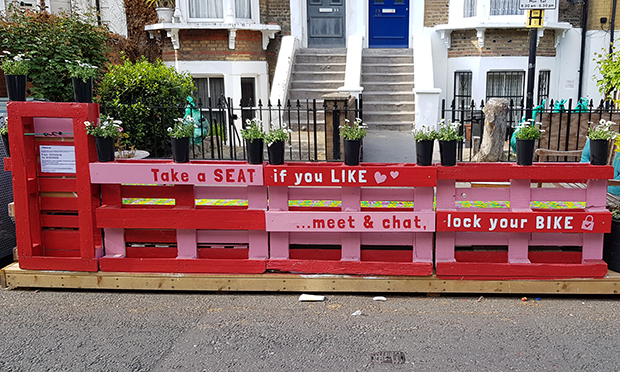
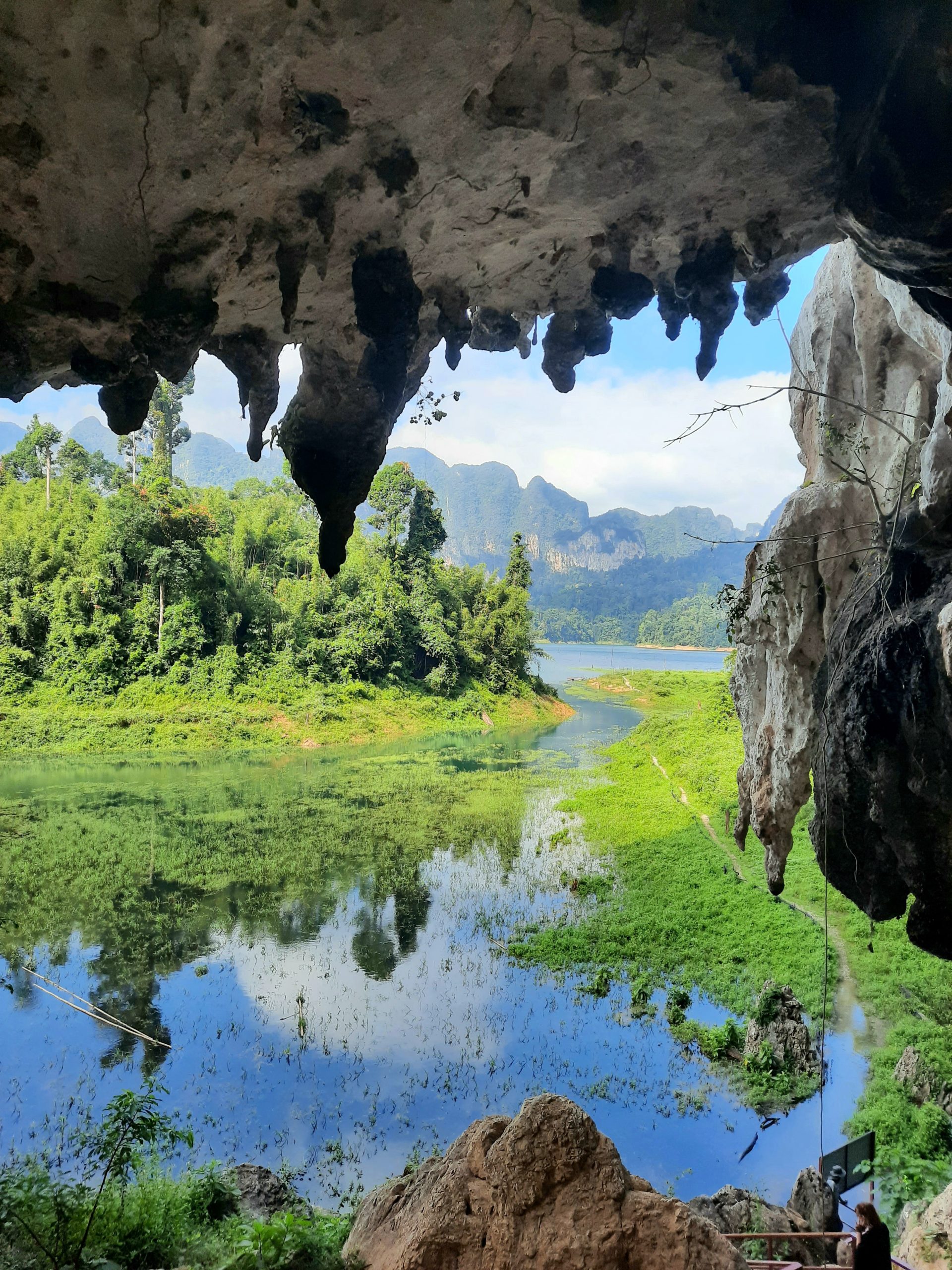

One Response